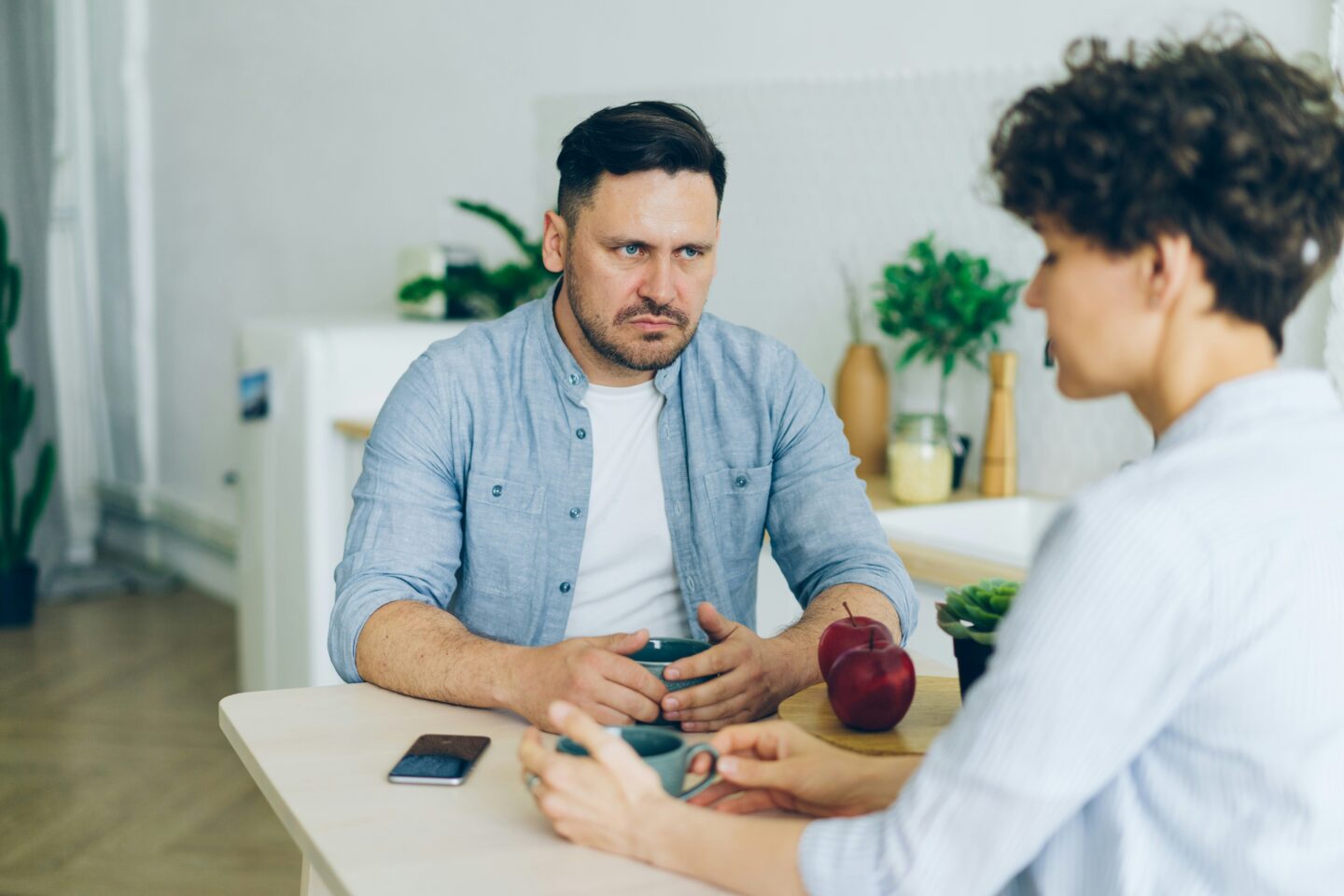Collaborative post
Understanding the signs and symptoms of an abusive relationship is vital for empowering individuals to take steps toward their own safety and well-being. With this in mind, this post will tell you all you need to know about noticing the signs of domestic abuse.
Understanding Domestic Abuse
First, it is important to understand what domestic abuse is. Domestic abuse is a broad term that refers to a range of behaviours that are considered to be controlling and/or harmful. This includes:
Physical abuse: Hitting or restraining
Emotional abuse: Behaviour to cause emotional damage
Financial abuse: Controlling access to money
Sexual abuse: Non-consensual sexual activity
Common Patterns of Abusive Behaviour
Abusive behaviour often (but not always) follows a cyclical pattern. This involves:
Tension building: Tension builds as abusive partners respond to external stressors.
Incident of abuse: Tension is released onto the partner in the form of abuse.
Reconciliation: The abuser will look to reconcile by apologising, promoting it will not happen again, and giving gifts (also known as the “honeymoon phase”).
Calm: A period of calm offers relief, and people are often lulled into a false sense of security before tension builds again.
Understanding this pattern is vital because it can be difficult for someone to tell if they are in an abusive relationship, particularly if the abuser uses tactics like gaslighting or seems sincere about improving their behaviour after an incident of abuse.
The Impact of Domestic Abuse
Any kind of domestic abuse can cause significant harm. This can involve physical, emotional, and psychological damage that many struggle to recover from. Additionally, children who witness or experience domestic abuse can suffer from both emotional and behavioural issues.
Breaking Free from the Cycle of Abuse
It is difficult to break free from the cycle of abuse, especially when there are strong feelings involved. Recognising the signs is the first step, but individuals must also develop a safety plan and get support from those they trust. Additionally, it is essential to seek the services of a divorce lawyer who can assist with legal matters related to domestic abuse.

Resources & Support
There are various organisations and helplines that can offer support and assistance to victims of domestic abuse in the UK:
- National Domestic Abuse Helpline
- Refuge
- SafeLives
- Victim Support
- The Hotline
Hopefully, this post will be educational and help you recognise the signs of an abusive relationship. Abusive relationships can take many forms and cause significant harm in many ways, so knowing the signs and how to ensure personal safety is critical.
Photo by Vitaly Gariev on Unsplash






